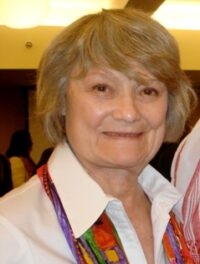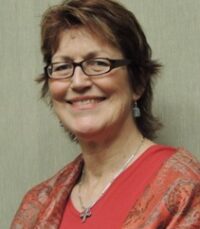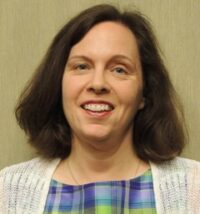16 Days of Activism Against Gender Violence
16 Days of Activism Against Gender Violence begins November 25th.
Continuing a partnership begun in 2010 with Anglican Women’s Empowerment and the Episcopal Women’s Caucus, Episcopal Church Women will observe this year’s 16 Days of Activism Against Gender Violence by writing and collecting prayers from Episcopal Women speaking to the theme From Peace in the Home to Peace in the World: Let’s Challenge Militarism and End Violence Against Women! Visit our page to read the prayers or subscribe to the eCommuniqué to receive prayers via email.




